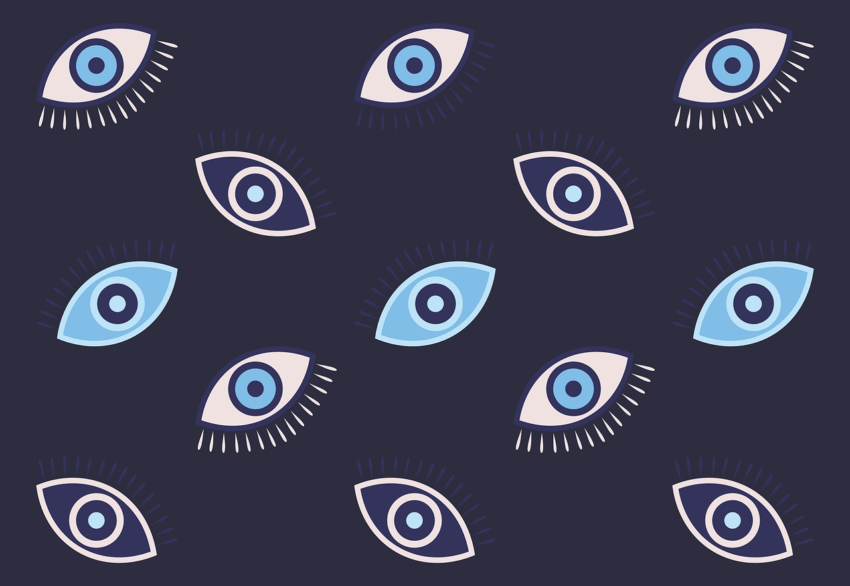With one week left before the deadline to enter the Colorado Gold Literary Awards, we are receiving more entries every day. I’m not here to discuss procrastination (plenty of other posts have already been written about that) but rather what a writer might be doing in those final days before a deadline, be it for a contest, submission call, or one set by an agent or editor. Hopefully, its more than wallowing in self-doubt. (Plenty of posts about that, too.) One thing I find myself doing in those high-stress, last-minute situations is seeking out yet another pair of eyes to critique my work, someone to catch the fatal flaw all other readers have missed. But how many eyes are too many?
I once wrote and submitted a short story on a time crunch without asking anyone else to read it, a choice I regretted when the story made it all the way to the final round of submissions before receiving a rejection for something that an outside reader could’ve easily caught. Now I know plenty of writers who rarely use critique partners or beta readers and find success. Maybe that will be me one day. Maybe not. I find sharing my work in its middle stages helps not only catch discrepancies or oversights, but also serves as motivation. The challenge comes when I’ve received conflicting advice from too many readers and must ultimately decide what best serves my work. In such situations, consider the advice of Jack Rosenblum: “If one person tells you you’re a horse, they are crazy. If three people tell you you’re a horse, there’s a conspiracy afoot. If ten people tell you you’re a horse, it’s time to buy a saddle.” Or more simply put, if multiple readers offer the same critique, it’s probably one worth heeding.
But what about all the other bits of feedback, the ones that might be based on a reader’s personal preferences or biases? After asking someone for their precious time, it might feel ungrateful disregarding their comments. Imposter syndrome begins to kick in: who am I to reject another writer’s advice, especially one more experienced or accomplished? That’s when each of us must remember what makes us writers: the cultivation of voice. Persistence, craft, education and discipline may increase our odds of publication, but telling the story only you can tell is what makes you an artist.
How many eyes is too many? However many stop you from seeing the world and the work in the unique and powerful way only you can.
Image by DesignDrawArtes

